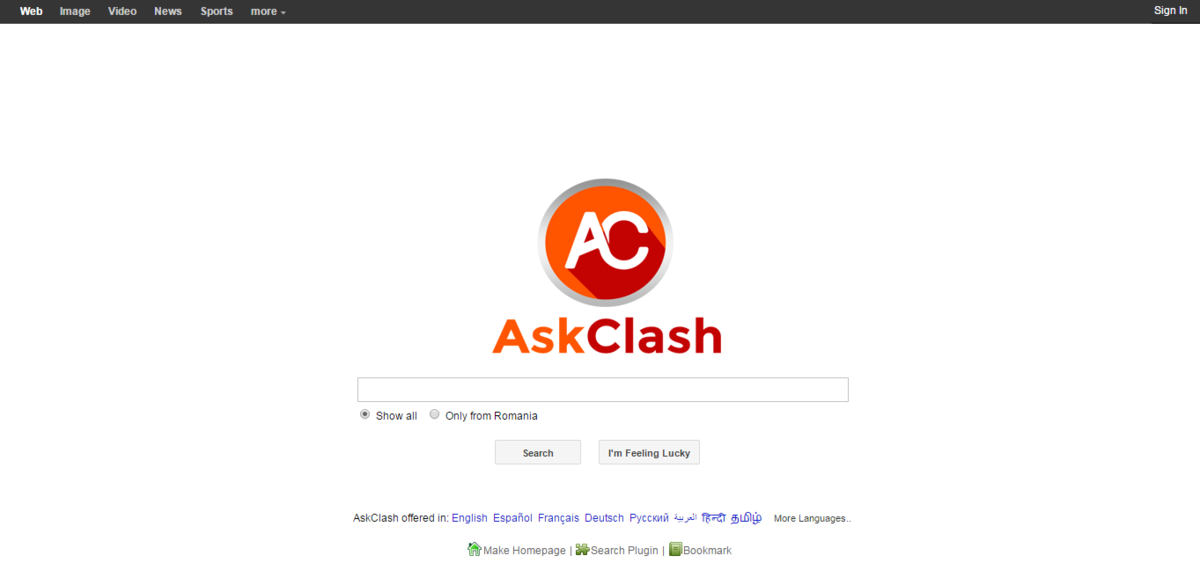There has been a lot of momentum surrounding privacy online and in apps - and this will not fade in time, as systems evolve and new needs of better protecting users emerge. In short, security principles are the same regardless of the technical system, but implementation varies dramatically. Privacy and security become an issue, unfortunately, when it's usually too late: adoption of a product or service is on a continued rise, and tackling with security breaches means amassing a workforce inversely proportional with the reasonable amount of time required in order to fix the problem before a customers' riot.
On the utilization scale, search engines rank high for the average user: however non-technical of a person one may be, he or she has definitely heard of Google and is definitely using it constantly, being a distant second probably only to Facebook. And although Google enables investing the shortest possible amount of time in finding the relevant information you are looking for, this comes at a price, that of the search engine having detailed information on your past behavior which in turn enables it to provide the most accurate results. Privacy advocates may have an issue over this.
The market of private search engines, which promise both no tracking of your activities and accurate results, was tapped into first by DuckDuckGo; six years after its launch, AskClash attempts to see whether the market is now mature enough for it.
In AskClash, search results also may be commented on directly in the results page. How is privacy actually achieved in private search engines? They don't know who you are, as your IP address is not retained by default and there are no cookies or search history kept anywhere. Moreover, sites which are clicked on do not get access to your search query to see what led you to their website.
Apart from the search engine, AskClash also offers a parallel, Twitter-like network aimed at users of AskClash and creating a community based on their usage of the service. This is pretty straightforward, users being able to post relevant content that they have found online while using AskClash - though it may have been better to have more direct integration with the search engine.
Since the Snowden revealings in 2013, privacy issues have become the big elephant in the room - the only question is when this will become an important enough thing for the average consumer, so much so that it would lead to shifts in traditional product and service usage.

/image%2F1117337%2F20141230%2Fob_bdbbbb_what-s-with.png)
